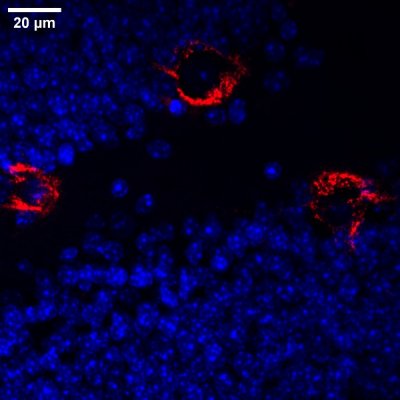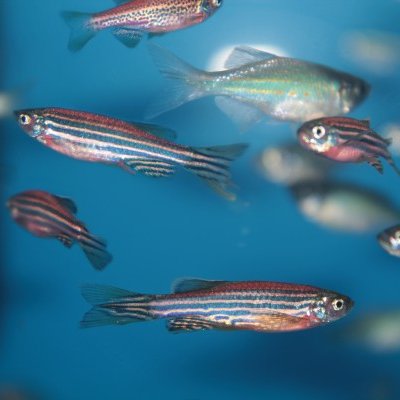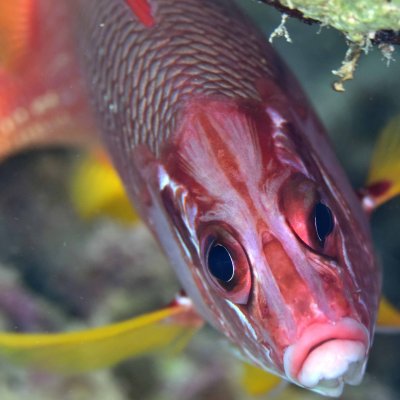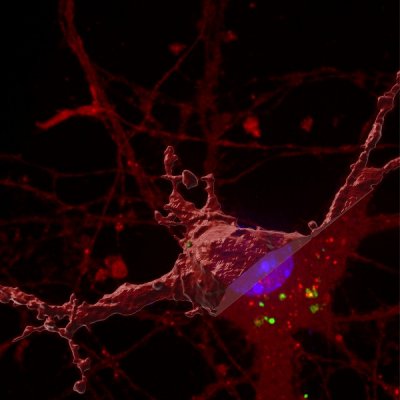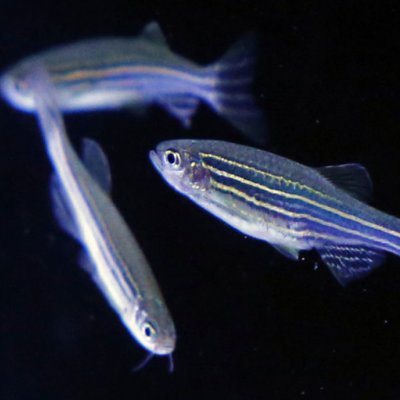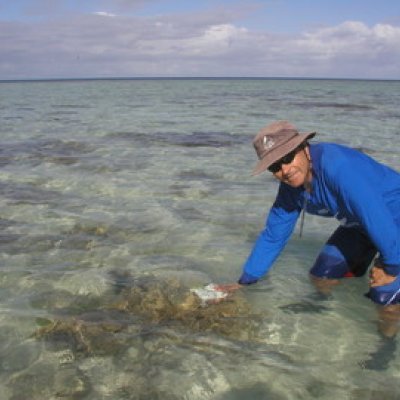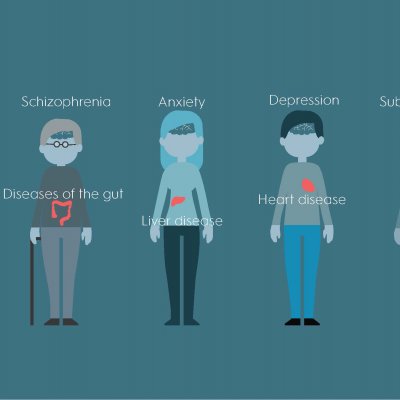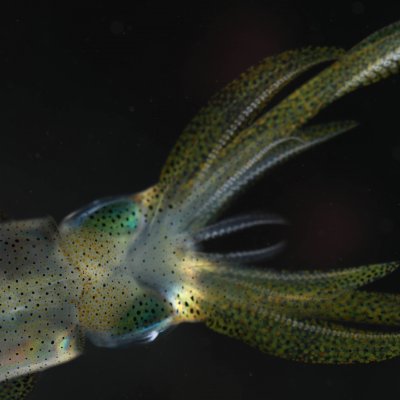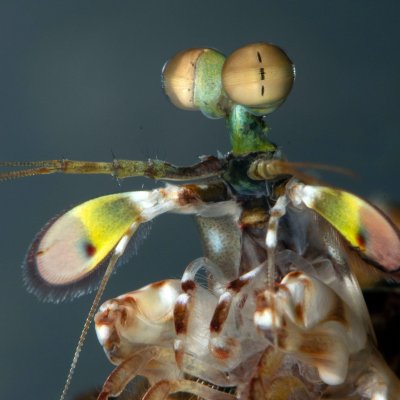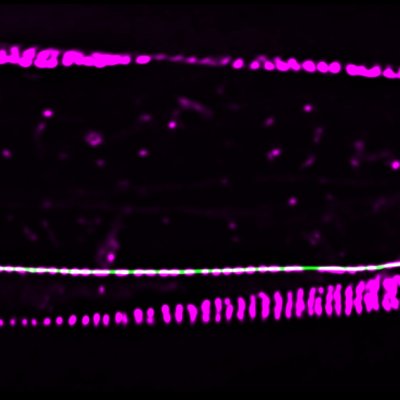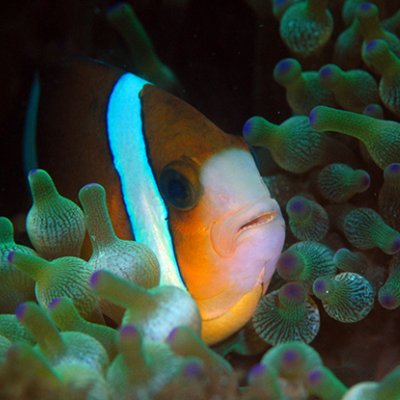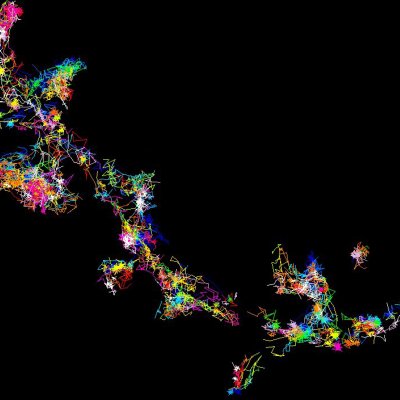Researchers at The University of Queensland have found meals provided in early education and childcare centres in some low socio-economic communities are not meeting national dietary recommendations.
12 February 2024Ultrasound can overcome some of the detrimental effects of ageing and dementia without the need to cross the blood-brain barrier, researchers at The University of Queensland have found.
23 June 2021Deep brain stimulation has been found to help people with severe obsessive compulsive disorder (OCD) that has not responded to other treatment, in a clinical trial led by University of Queensland researchers.
21 April 2021Schizophrenia and personality disorders are the most disabling mental health conditions to live with, according to scientists from The University of Queensland.
19 March 2021A DJ-turned-researcher at The University of Queensland has used her knowledge of cool beats to understand brain networks and hearing in baby fish.
3 March 2021University of Queensland researchers have confirmed a link between depression and stomach ulcers, in the world’s largest study of genetic factors in peptic ulcer disease.
25 February 2021To see – and survive – at night, some coral fish have developed visual adaptations that are similar to those of their cousins living in the ocean’s darkest depths, new research shows.
9 February 2021University of Queensland researchers have discovered a new ‘seeding’ process in brain cells that could be a cause of dementia and Alzheimer's disease.
2 February 2021A deficiency in vitamin D on the mother’s side could explain why autism spectrum disorder is three times more common in boys, say researchers from The University of Queensland.
11 December 2020A tiny fish is helping scientists understand how the human brain processes sound, while also giving insight to autism spectrum disorder.
10 November 2020The Australian Academy of Science has elected Professor Justin Marshall and Professor Alan Rowan as Fellows for their sustained contributions to research and scientific endeavour.
25 May 2020Researchers now have the ability to map the risks of general medical conditions such as heart and lung diseases, diabetes and cancer for people with mental disorders.
30 April 2020Genetic variations in the skin can create a natural sunscreen, according to University of Queensland researchers investigating the genes linked with vitamin D.
2 April 2020We are closer to understanding the incredible ability of squid to instantly camouflage themselves thanks to research from The University of Queensland.
28 January 2020Pioneering discoveries about the ‘extraordinarily strange’ visual systems of shrimps - that could improve early detection of cancer - have been recognised with an international prize.
23 January 2020A way in which some connections between brain cells can resist degeneration – a hallmark of traumatic brain injuries and neurodegenerative diseases — has been discovered by researchers at The University of Queensland.
16 January 2020University of Queensland scientists have provided new insights into how the tiny brains of mantis shrimp are able to make sense of a breathtaking amount of visual input.
25 November 2019The fish made famous in 'Finding Nemo' can see ultraviolet (UV) light and may use it as a ‘secret channel’ to find both friends and food, according to researchers.
12 November 2019The Australian Academy of Health and Medical Sciences has elected four University of Queensland professors as fellows.
22 October 2019University of Queensland researchers have used super-resolution microscopy to observe key molecules at work inside living brain cells, further unravelling the puzzle of memory formation and the elusive causes of dementia.
2 August 2019- 1 of 13
- next ›

